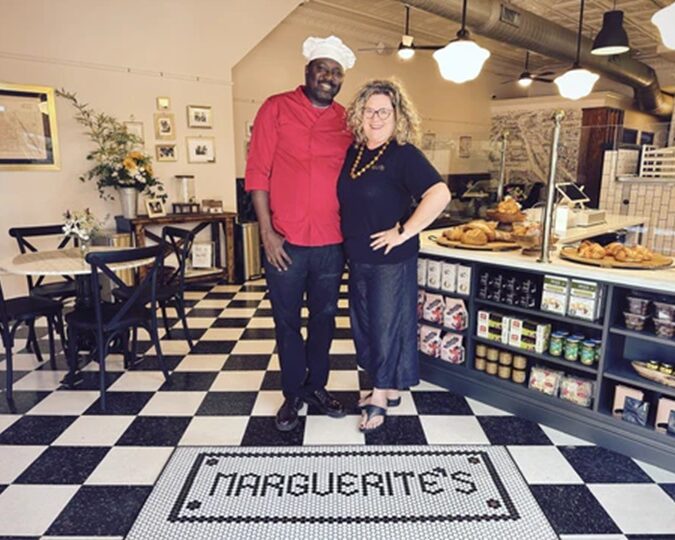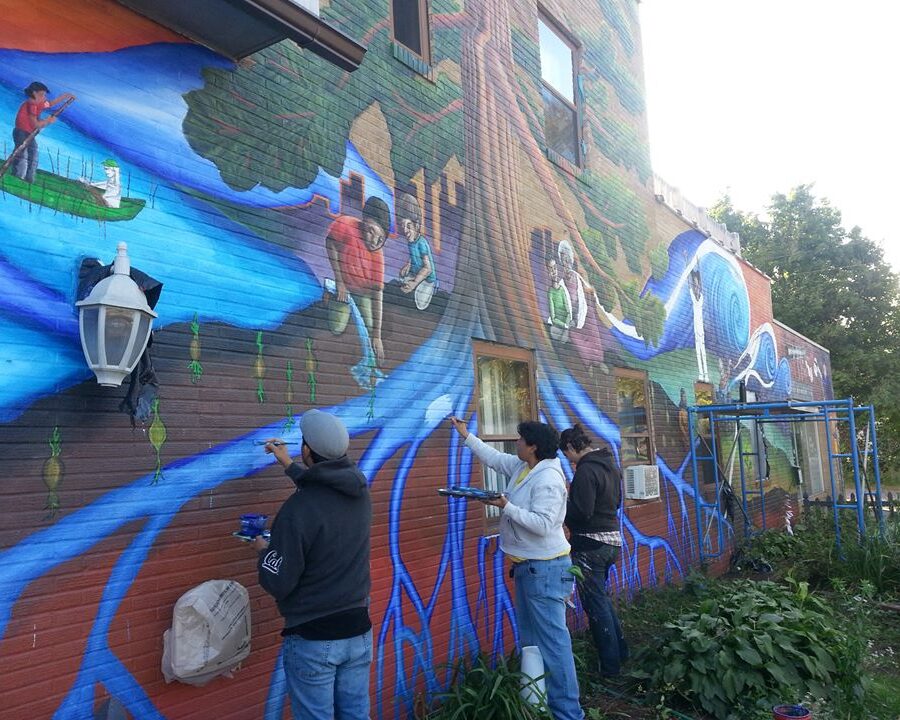It recently came out that the new Republican House Majority Whip Steve Scalise gave a speech to a David Duke group of white supremacists and neo-Nazis in 2002. Scalise claimed he had no idea what the European-American Unity and Rights Organization (EURO) group stood for, or that neo-Nazi and former Ku Klux Klan Grand Wizard David Duke was its head.
Oh, really?
Duke supporters were the base of his support in the suburbs around New Orleans. Scalise never repudiated Duke’s ideas, he just claimed to be more electable. He told Washington newspaper Roll Call in 1999, “The voters in this district are smart enough to realize that they need to get behind someone who not only believes in the issues they care about, but also can get elected. Duke has proven that he can’t get elected, and that’s the first and most important thing.” Twenty years ago he told Stephanie Grace of the Baton Rouge Advocate that he was like David Duke but “without the baggage.” Scalise was one of only six Louisiana legislators to vote against the Martin Luther King holiday.
It’s rare that the covert racism of Southern conservatives actually comes out into the open.The history of prejudice in the South has generally been one of hidden codes and obfuscation. Scalise’s case is a rare chance to connect the dots.
John Boehner represents the suburbs around Cincinnati, and Mitch McConnell comes from Louisville. They’re just across the Ohio River and less than 100 miles apart, and they’re connected by a curious history.
In 1855 both cities were the centers of violent Know Nothing rebellions.
Cincinnati had race riots in 1829 when a thousand blacks were driven out of town, and again in 1839 when several blacks were killed. In 1841 blacks and their white supporters used a cannon to hold off an angry mob. But in April of 1855, the day after the municipal election, an angry crowd of white Protestant nativists marched on the new German immigrant neighborhood. Several people were killed, and the nativists, or Know Nothings, managed to destroy election ballots in two German precincts.
The Know Nothings were a secret society. They were anti-Catholic, anti-immigrant and racist. When asked about their organization, they replied, “I know nothing,” which could also mean, “I, Know Nothing” (or, “I am a Know Nothing”). The Know Nothings were supporting the American party in opposition to Andrew Jackson’s Democratic party that was supporting Irish and German immigrants.
Just a few months later in Louisville, on Aug. 6, 1855, a day that has come to be called Bloody Monday, the Know Nothings attacked Irish neighborhoods. The fighting between supporters of the American party and supporters of the Democratic party in the city elections left 22 people dead.
It is not widely known, but Louisville had one of the largest slave trades in the country before the Civil War. Slaves were sold in lots to work sugar and cotton fields and were transported to Mississippi and New Orleans on the Ohio and Mississippi rivers. Families were split up, and the phrase “Sold down the river” comes from this Louisville practice. “My Old Kentucky Home” by Stephen Foster, written in 1853, echoes this harsh sentiment:
The sun shines bright in the old Kentucky home,
‘Tis summer, the darkies are gay,
The corn top’s ripe and the meadow’s in the bloom,
While the birds make music all the day.
The young folks roll on the little cabin floor,
All merry, all happy and bright:
By’n by Hard Times comes a knocking at the door,
Then my old Kentucky Home, good night!
CHORUS
Weep no more, my lady,
Oh! weep no more to-day!
We will sing one song for the old Kentucky Home,
For the old Kentucky Home far away.
2. They hunt no more for possum and the coon
On the meadow, the hill, and the shore,
They sing no more by the glimmer of the moon,
On the bench by the old cabin door.
The day goes by like a shadow o’re the heart,
With sorrow where all was delight:
The time has come when the darkies have to part,
Then my old Kentucky Home, good-night!
3. The head must bow and the back will have to bend,
Wherever the darkey may go:
A few more days, and the trouble all will end
In the field where the sugar-canes grow.
A few more days for to tote the weary load,
No matter, ‘twill never be light,
A few more days till we totter on the road,
Then my old Kentucky Home, good-night!
This is the official Kentucky state song. It is played by every marching band at every football game. But in a fit of misguided political correctness “darkies” has been changed to “people,” and the original intent of the song has been lost. Frederick Douglass thought the original version was a fine contribution to anti-slavery sentiment.
In Foster’s sketchbook, the song was titled, “Poor Uncle Tom, Good Night,” and each verse ended with the line, “Den poor Uncle Tom, good night.” Harriet Beecher Stowe lived across the Ohio river in Cincinnati for almost 20 years, from 1832 to 1851. She raised her children there and published the first installment of “Uncle Tom’s Cabin” there, on June 5, 1851.

























